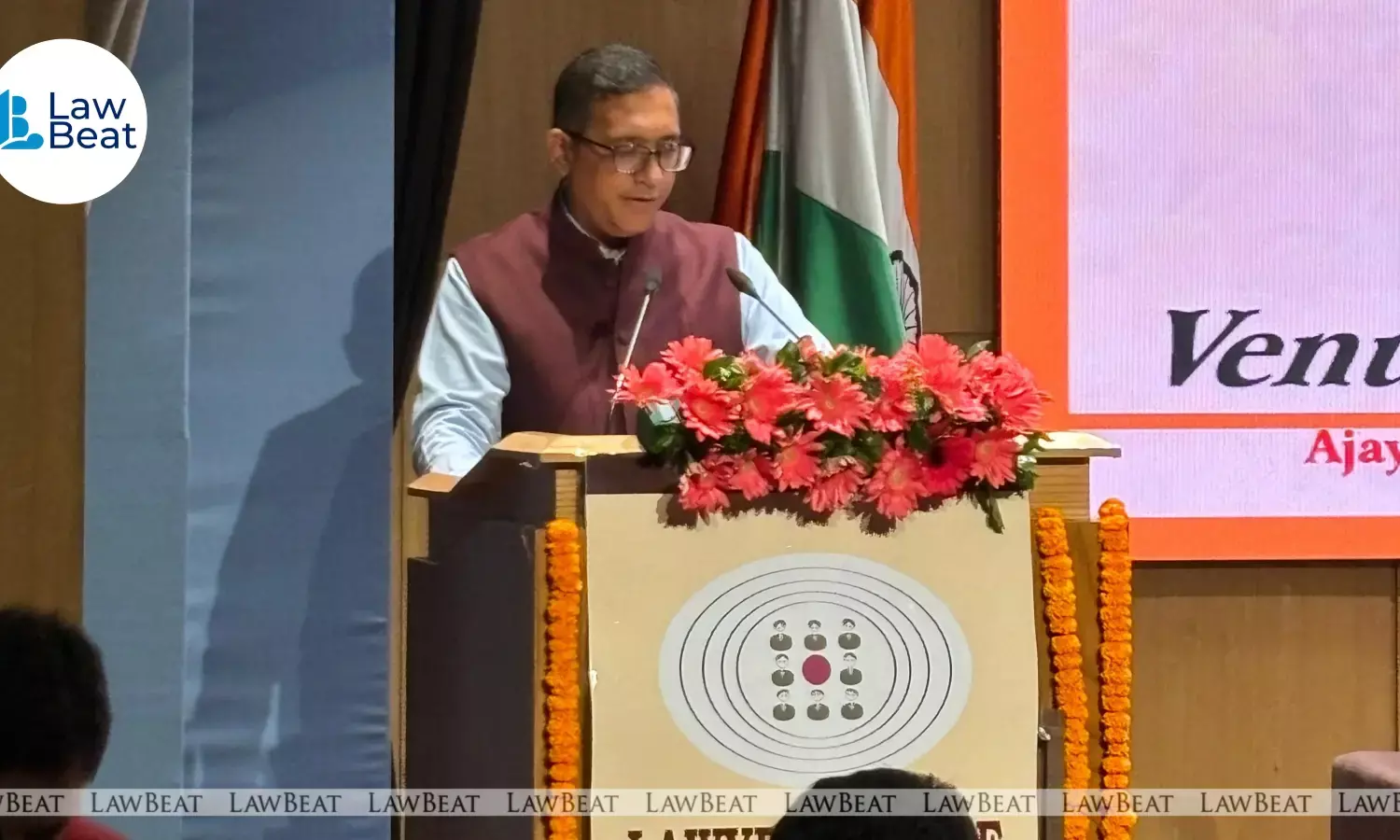Law Commission Member Hitesh Jain Bats for “One Nation, One Election”

Law Commission of India Member Hitesh Jain has strongly advocated for the implementation of simultaneous elections, describing it as a reform critical for governance, economic efficiency, and democratic accountability.
Speaking on the subject, he remarked that the debate on “One Nation, One Election” is “no longer an academic discussion – the question is really pressing and before us.”
“Should India adopt simultaneous elections to the Lok Sabha and the State Assemblies?” Jain asked, stressing that the concept is not new to the country;
“India is certainly not a stranger to simultaneous elections. In fact, our democratic journey began with it. The first general elections in 1952 and again in 1957 and 1962 saw citizens casting their vote for both Parliament and the State Assembly at the same time. But this harmony was deliberately broken.”
He traced the disruption back to 1959, when Prime Minister Jawaharlal Nehru dismissed the elected government in Kerala, disturbing the electoral cycle.
“As early as 1962, the Election Commission recognised this problem and stressed the duplication of cost and effort. Again in 1983, the ECI reiterated the same concern,” he said, underlining that this is not a recent idea but a longstanding reform discussion.
Explaining the rationale, Jain highlighted multiple benefits of synchronising polls;
“With one nation, one election, citizens vote once to elect national and state representatives. The current fragmented system forces them to return again and again, sometimes every few months,” he said.
From a governance perspective, he warned of the “permanent election mode” India currently operates in;
“Every six months we see some election or the other in some part of India, and during that period, policy paralysis sets in. The model code of conduct kicks in, and everything goes into limbo,” he said.
He also flagged the significant financial burden of staggered polls.
“Everyone is aware of the staggering amount of money that is spent in conducting elections at different points, including the deployment of security forces and other expenses,” he noted.
On political fairness, Jain argued that the reform would benefit all parties, including those in opposition.
“Ironically, the opposition parties who are crying about an unfair level playing field should welcome one nation, one election. Simultaneous elections mean one campaign cycle, one round of expenditure. They will not be compelled to repetitively stretch their limited resources every month,” he said.
Addressing constitutional concerns, Jain dismissed arguments that the proposal undermines the Basic Structure or federalism;
“When simultaneous elections were held in 1952, 1957, 1962, the Basic Structure was not in danger, federalism was not in danger. When the same idea is proposed now, typical arguments of Basic Structure, federalism, hung assemblies and other aspects are discussed,” he remarked.
On the contrary, he maintained that the reform would strengthen democratic principles;
“The claim that it threatens free and fair elections is misplaced. In my view, it is exactly the opposite. Free and fair elections are strengthened and not weakened by simultaneous polls. Citizens get predictability, and parties get a level playing field,” he said.
Rejecting the apprehension that simultaneous elections blur the distinction between state and national issues, Jain posed a rhetorical question:
“Is federalism about fragmentation or about accountability?” He asserted that the reform promotes accountability by making “voters hold both State Government and Central Government accountable together", aligning with the idea of cooperative federalism.
Concluding his address, Jain said, “One nation, one election is not about one party, this is not about one leader. This is about one nation, one national interest, and one destiny.”
